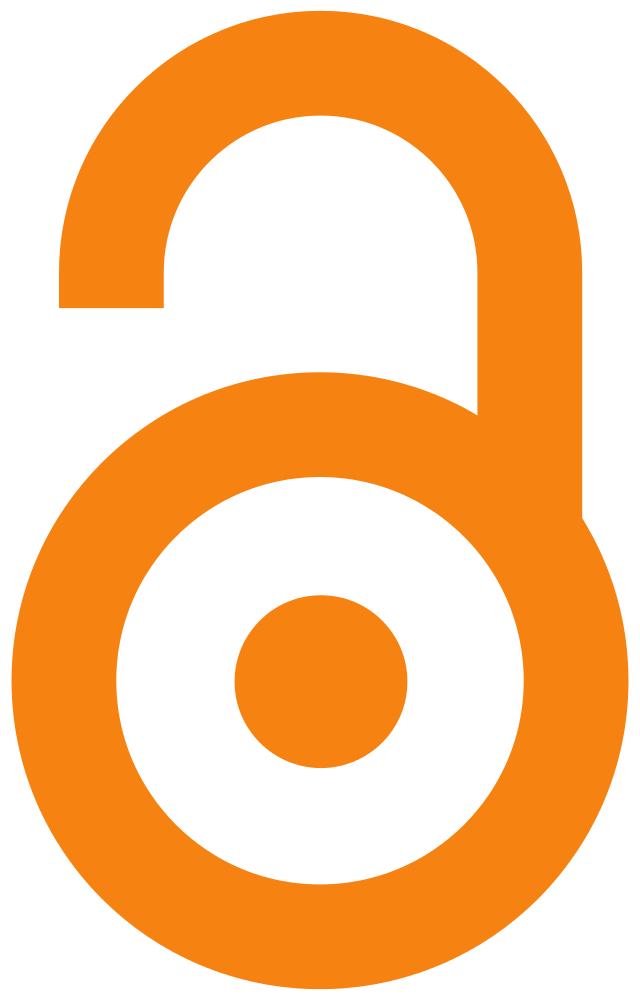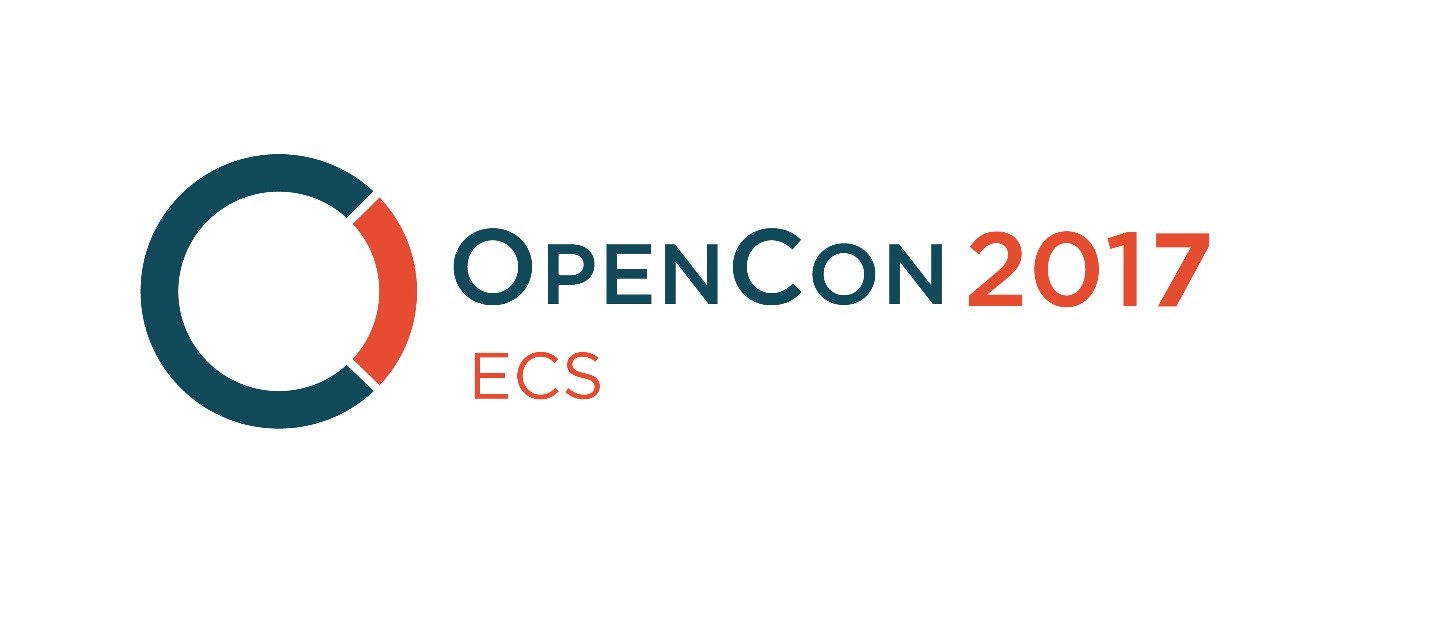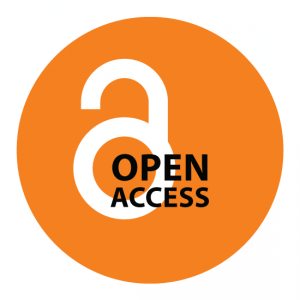 ECS is once again participating in International Open Access Week. It begins on Monday, October 23 and for the week you’ll be able to read and download anything in the ECS Digital Library at no charge. That’s over 132,000 articles and abstracts.
ECS is once again participating in International Open Access Week. It begins on Monday, October 23 and for the week you’ll be able to read and download anything in the ECS Digital Library at no charge. That’s over 132,000 articles and abstracts.
ECS proud to participate in Open Access Week as part of its commitment to Free the Science, an initiative to move toward a future that embraces open science to further advance research in our fields. This is a long-term vision for transformative change in the traditional models of communicating scholarly research. Being open means better collaboration, more impact, and faster progress.
Let your friends and colleagues know what ECS is doing so they too can take advantage of our free research! Discover information in fields like energy technology, communications, transportation, human health and welfare, and the general sustainability of our planet.
PS: If you like what ECS is doing to promote more openness in research communications, please consider supporting Free the Science. Your gift, no matter the size, will help ECS build an example for the world. Donate now!


 Five German scientists have
Five German scientists have  This Sunday at 2:00 pm ET is
This Sunday at 2:00 pm ET is 

 Recently there has been a spate of comment expressing frustration about the allegedly slow progress of open access, and especially Green open access. It is hard to disagree with some of this sentiment, but it is important that frustration not lead us into trying to solve a problem with a worse solution. The key, I believe, to making real advances in open access is to walk away from the commercial publishers who have dominated the market for scholarship. Only if we do that can libraries free up money from our collection budgets to do truly new things. A new business model with the same old players, even if it were possible, would be a mistake.
Recently there has been a spate of comment expressing frustration about the allegedly slow progress of open access, and especially Green open access. It is hard to disagree with some of this sentiment, but it is important that frustration not lead us into trying to solve a problem with a worse solution. The key, I believe, to making real advances in open access is to walk away from the commercial publishers who have dominated the market for scholarship. Only if we do that can libraries free up money from our collection budgets to do truly new things. A new business model with the same old players, even if it were possible, would be a mistake. What is “open science”?
What is “open science”?